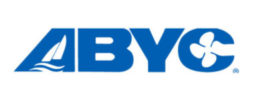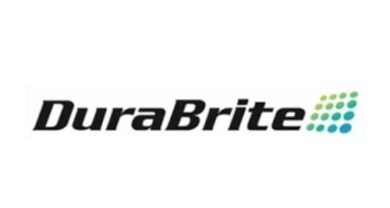NMMA Trains its Focus on Water Access Issues
The National Marine Manufacturers Association has taken several steps in recent months to move water access issues further into the spotlight.
While work continues on an economic impact study of marinas conducted by the Recreational Marine Research Center and expected to be complete this fall, the NMMA has brought on full-time counsel to work on water access issues. Dylan Jones, who started in August, is water access counsel, a newly created position based in NMMA’s government relations office in Washington. The organization also is putting together a national boating access monitoring system to gauge the availability of water access over time, which the group hopes will give it the necessary statistical ammunition to push for increased access.
Hiring Jones is “the first step to putting significant resources toward water access,” says Thom Dammrich, NMMA president. “We’ve used some funds to bring Dylan on board and some to fund the research that’s being done. As we move forward, we will make more resources available.”
Dammrich says that the organization will devote between $350,000-$400,000 to water access issues during its 2007 fiscal year, which started Oct. 1. “We’re losing water access to real estate development right now,” Jones says. “We believe there’s an economic benefit to waterfront access.”
For example, research into Chicago’s marinas shows an $80 million economic benefit from that city’s 4,500 slips, which doesn’t take into account the other 180,000 registered boats in Illinois, Dammrich says.
As part of the NMMA’s Grow Boating Initiative, a Water Access Task Force has been meeting to identify areas where help might be needed. Those include policy, permitting and regulatory issues, partnering with local government and developers to promote the benefits of water access, and backing up mainly anecdotal claims about the impact of marinas and water recreational areas with the economic impact study, which Jones hopes is complete before the Task Force next meets in early November.
The study is being conducted by the Recreational Marine Research Center at Michigan State University. Grants from the NMMA, the U.S. Coast Guard and the Michigan Agriculture Experiment Station help fund the center’s work. Michigan State also is working on the national boating access monitoring system, which remains in the planning stages. Dammrich hopes the system will be in place within a year but notes it’s still too early to commit to a definite timeline.
NMMA believes both studies will provide hard data on the marina and recreational boating industries and can be used to sway the opinions of government officials, and the public, about the importance of water access. “We hope that it will simplify the permitting process at the local, state and federal levels,” Dammrich says. “We believe those entities will be favorably disposed to development once they see the economic benefits and positive social benefits. We want recreational boating viewed as the preferred use of waterfront property.”
Jones, who graduated from Tulane Law School with an emphasis on maritime law, comes to NMMA following six years working in Congress on transportation and finance policy legislative issues.
His short-term goals include reaching out to establish close relationships with local governments, economic development councils and interest groups, “so that our message is already there” should access issues come up, Jones says. “We are seeking to create a cultural shift so these groups understand that water access has these benefits. “The solution is there, but it will take some time.”




